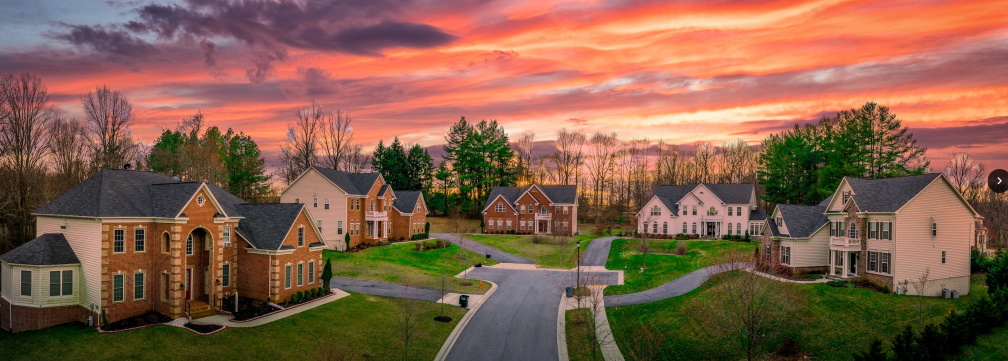Probate Real Estate: 5 Things To Know

Probate is a legal process that comes into play when the will of a deceased is deemed questionable by authorities. Filing probate helps settle disputes that arise due to counterclaims made by the surviving heirs of the estate, creditors, and any other parties that are seeking compensation from the individual that passed away.
Depending on the complicacy surrounding the property in question, the probate process may take up to a year or more, it’s said that it often takes less time when outsourced to probate agencies such as Willed and others like it.
What Is Probate In Real Estate
Probate is the process through which a deceased's will is verified and proved valid by a court (a probate court, to be precise). Probate is also used in settling beneficiaries of properties that have not been included in the deceased’s will provisions.
The probate process also covers issues like raising funds for the deceased’s funeral rights, paying their taxes, and clearing their debts.
Things To Know About Probate Estate
Probate is not a new concept in real estate, but it's also not as straightforward to comprehend as other real estate concepts. If you're just starting to dive into probate real estate, here are crucial details you should bear in mind.
- 1. Selling A Probate Estate
Probate entails a whole lot of steps and procedures.
The first step in selling a probate estate is the appointment of an executor or administrator. An executor is appointed if there's a will; if not, an administrator will be assigned.
The role of the executor or administrator in probate when selling an estate is first to trace and gather all the estates' assets. After this, he'll conduct a property appraisal to determine the estate's market value.
Step three would be to list the property and get it on the market for sale. When buyers indicate interest, the executor or administrator negotiates with them to get a fair price for all parties (beneficiaries of the property, sellers, and buyers).
Once a price is agreed on, the estate's beneficiaries will be notified and given a number of days to think over the deal’s provisions. If they're okay with it, the court will schedule when the property will be officially sold off to the interested buyer.
- 2. Purchasing A Probate Estate
Probate estate sales are said to be on the increase these days. They're usually a fair deal for buyers as beneficiaries of the property may be in haste to sell or not know the property's actual value.
However, the risks are also there, and they often show up later. What does this mean to the involved parties?
For buyers, probate executors or administrators are usually external parties. They often don't live in the said property and can’t give out every information you need to decide as a would-be property buyer.
Thus, you'll need to get a Level 3 building surveyor to survey the construction and structure integrity of the property before buying the property. The survey report will also contain required property repair and the estimated cost of repairing. The document will be able to give you a comprehensive look at the property’s profile through the eyes of professional building inspectors.
- 3. Advantages Of Probate Real Estate
Filing a property for probate, with the help of legal sages, helps handle issues that may result in conflict and rife. In a case where the will says one thing and beneficiaries are each making claims that counter the legal document, probate will analyse the case and ensure that each beneficiary's concern is addressed.
Secondly, probate puts creditors on hold for 90 days before making claims and asking for repayment of their funds. Creditors can be challenged in court as well to prove the validity of claims they're making before payment commences.
- 4. Disadvantage Of Probate
The most significant disadvantage of probate is the high cost of the process: from paying up legal experts and other professionals like attorneys, accountants, executors, or administrators their fees to federal and state taxes and filing bills, the entire ordeal calls for a lot of money.
Another point is that it delays the transfer of assets. Because it's a public case, the attention of several creditors can be attracted. They may begin to make claims to the property, thereby extending the probate duration and incurring more estate-related costs.
- 5. How You Can Avoid Probate
The easiest way to avoid probate is to gather your assets into a revocable living trust. A trust document spells out who is entitled to what in your assets. With this, you reduce the chances of probate settlement to the very least after your passing.
Conclusion
Everything about probate real estate is believed to revolve around ensuring the proper distribution of a deceased’s property, from tax payment to debt settlement and asset distribution to, their intended and rightful beneficiaries and claimants.
Having the appropriate know-how surrounding probate real estate can help you and your loved ones to navigate through the whole legal process with little to no hitches at all. Going through the abovementioned tips can be a great start.











